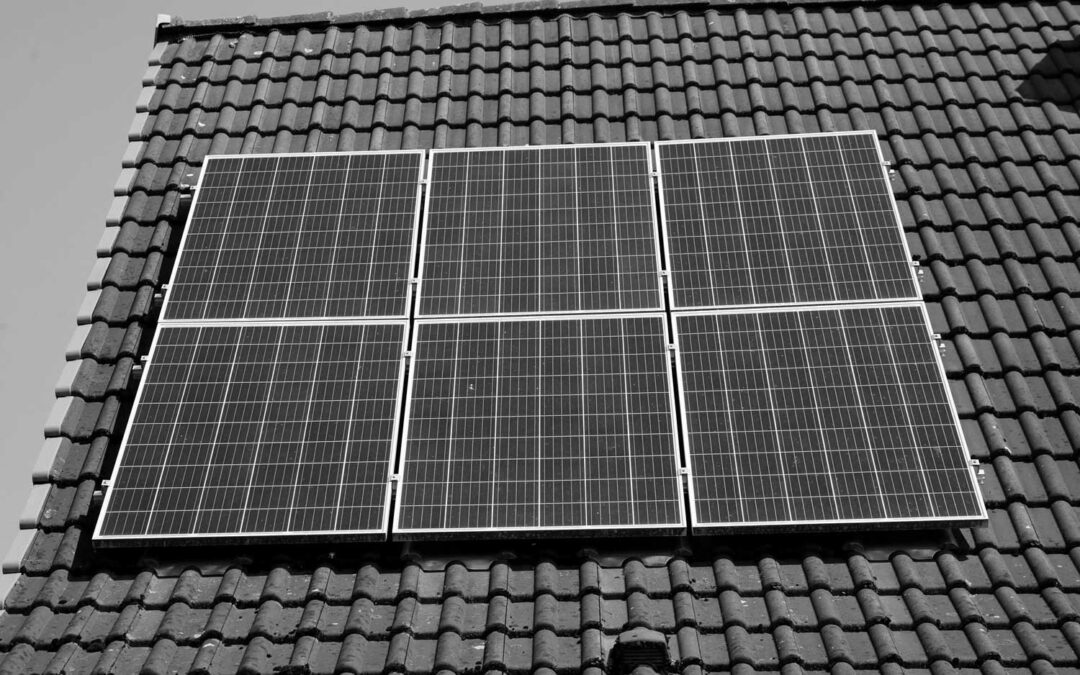Property Clinic: Weigh up whether the cost of taking action against the developer is worth it
– After living in the house for a year, the reader found the solar panels had never worked.
Patrick O’Connor, Solicitor and Managing Partner at our firm, recently featured in The Irish Times Property Clinic. You can read the original article here and or read the full article below.

Patrick O’Connor Managing Partner
My husband and I purchased a new-build home in Galway and moved in late last year. We recently had an engineer from our solar panel company out to service the hot-water cylinder that works alongside the solar panels, and they discovered that the pump was not plugged in and that there was no glycol in the system. This meant that our solar panels have not functioned since we moved in. However, we had no way of knowing this as there was no fault showing on the control.
The engineer couldn’t explain why there was no glycol in the system. They speculated that it may never have been filled or that there was a leak. They advised that the system would need a complete flush-out, with replacement of glycol, at a cost of more than €1,000. We subsequently forwarded the report to the developer hoping that they would come out to rectify the issue as there are still builders on site.
Surprisingly the developer responded refuting the engineer’s report and denied any responsibility for replacing the glycol. The engineer says this case is highly unusual because the house is newly built, and that glycol is generally replaced only every five or 10 years. I have been unable to find any clear guidance online as to where we as homeowners stand and if it is our responsibility to pay for this. I would appreciate any advice.
In the first instance it does appear that you may have a case against the developer for not providing a properly working solar panel system. It is important that you check the specifications for the house to ensure that the solar panel hot-water system was part of the installations that you paid for. Review the contract together with all the documents attached to it.
Further, it is important that you obtain a written report from the engineer who inspected the property such that the findings made that “the pump was not plugged in and there was no glycol in the system” is clearly established. The opinion of the engineer that the system was not properly functioning should be provided to you in writing.
However, as you purchased a “new build home” it is assumed that you and your mortgage provider, if any, had the house inspected both during the course of construction and on final completion to ensure that all of the snags were dealt with, and the installations agreed to be provided with the house were in situ. If no engineer’s or surveyor’s report was commissioned by you or if you yourselves did not fully inspect the house to ensure compliance with all of the contractual obligations of the developer, you may be in some difficulty.
If the engineer or surveyor who inspected the house before the completion of the purchase by you and your husband did not pick up on the difficulties that you have now established with the solar panels, you should make inquires as to why this was not done.
The bottom line is that the developer had a contractual obligation, subject to what has been said above, to provide you with a solar panel hot-water cylinder that was functioning. If that was not done, then you would appear to have a case.
However, you will have to weigh up the financial feasibility of taking action against the developer for “more than €1,000″ and the cost of any litigation.
From a practical point of view, if the developer does not respond to your requests to amend the deficiency in the solar panels then a business decision will have to be taken by you and your husband as to whether or not it is worth pursuing the dispute in the courts or otherwise. The cost of resolving disputes in the courts can be very high. Another potential avenue which might be considered is to make a claim in the Small Claims Court, in which claims cannot exceed €2,000.
In summary, go back to the solicitor who acted for you and your husband in purchasing the house, set out the problems that you have encountered. They will advise you on how to proceed under the terms of the contract you signed with the developer to purchase the house.
Patrick O’Connor is managing partner at P O’Connor & Son solicitors

